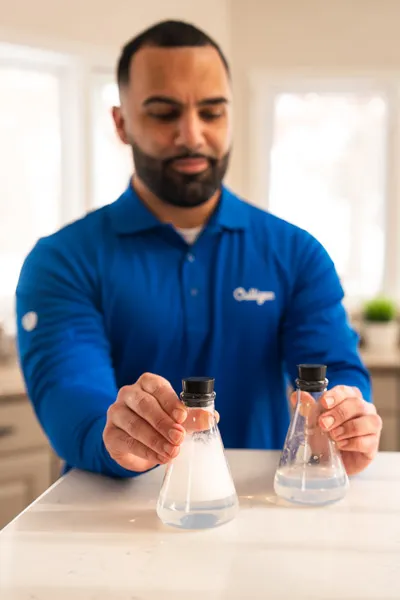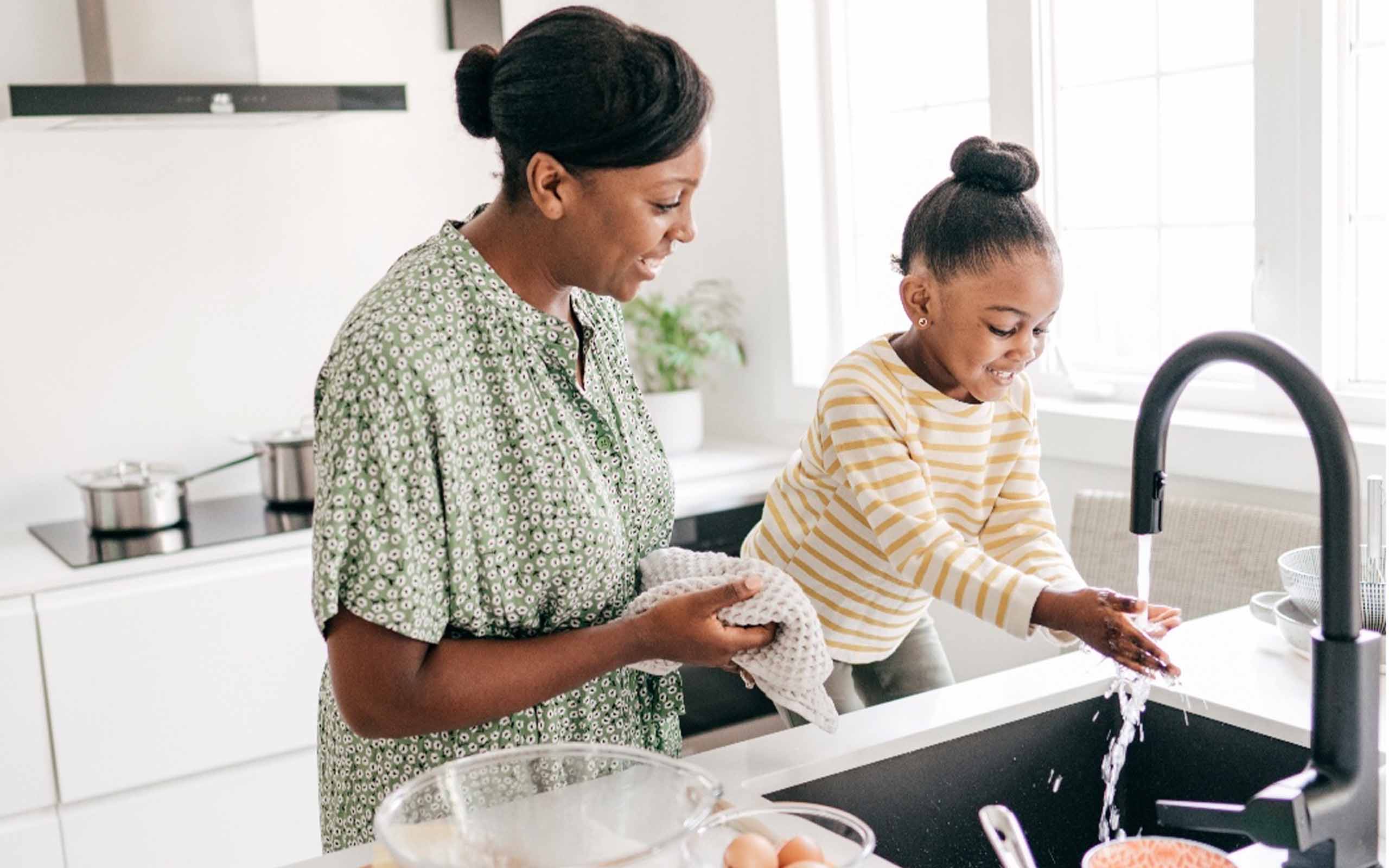
When cooking or baking at home, did you know that the hardness of the water can make a difference to your food? From rice to dough, find out more in our latest blog.
According to Thames Water, over 60% percent of people in the UK live in hard water areas. But what does that mean for the consumer? Hard water is completely safe and it could add to the calcium and magnesium levels we need every day. However, every time you cook with hard water, your food is exposed to these minerals. It can change the taste of your food come dinner time – unlike soft water – that’s why investing in a Harvey water softener is so beneficial.
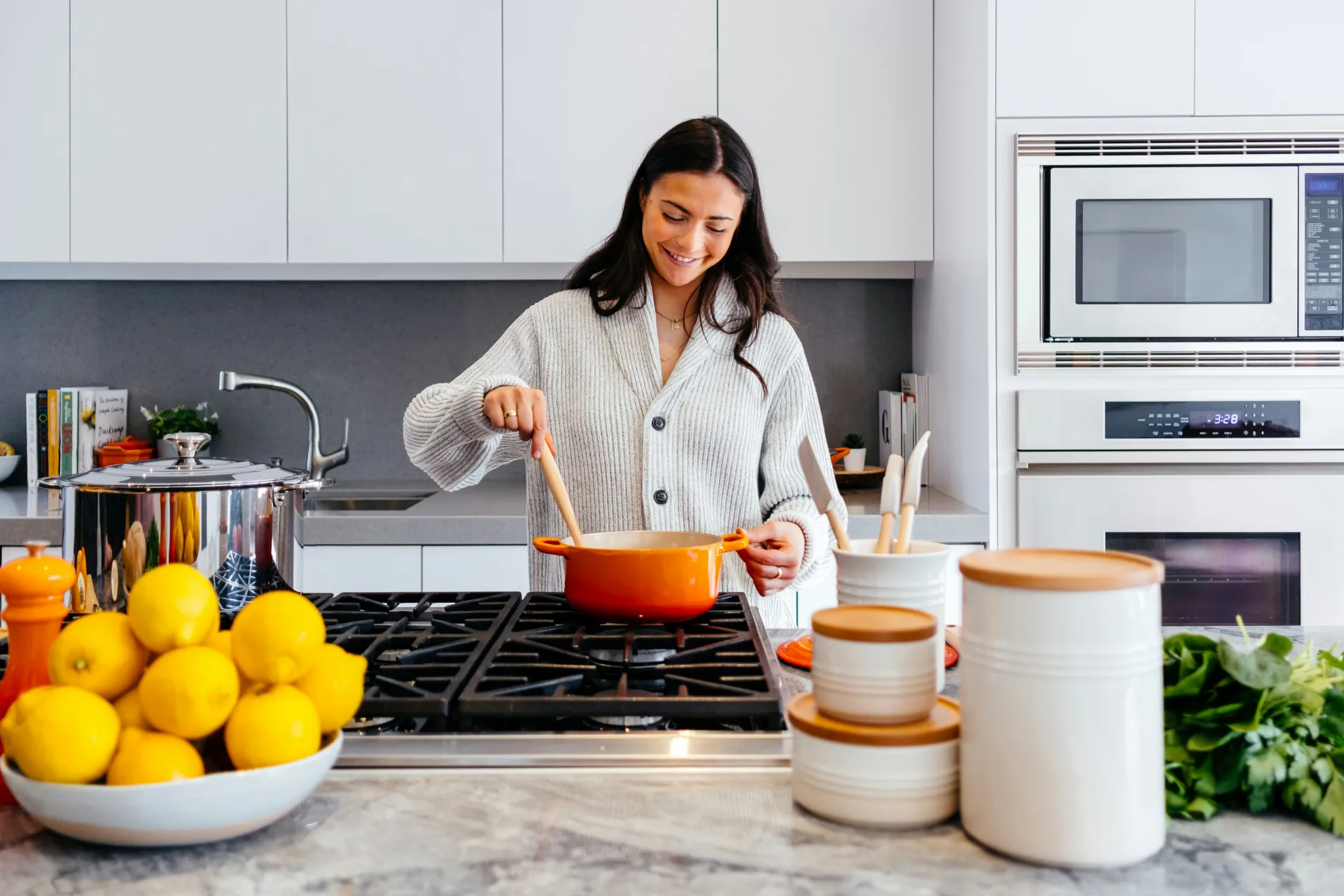
Can you cook with hard water?
Cooking with hard water is completely safe, but it can affect the taste, texture, and appearance of your food in subtle ways. The minerals found in hard water—like calcium and magnesium—can alter the way ingredients behave during cooking, from making vegetables tougher to changing the consistency of dough and baked goods. While you may not notice major differences in everyday meals, for more precise recipes like bread or pasta, water quality can make a noticeable impact.
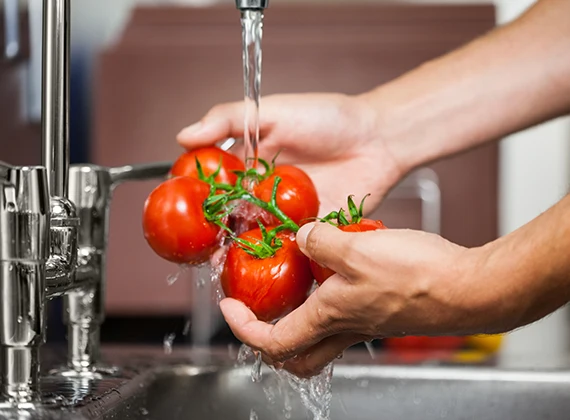
Is hard water bad for your cooking?
Cooking at home with hard water can bring challenges at times. Why? Hard water can prolong the fermentation time of yeast, flavour your rice or vegetables or be the cause of that funny film on your morning cuppa. Here are a few problems with hard water:
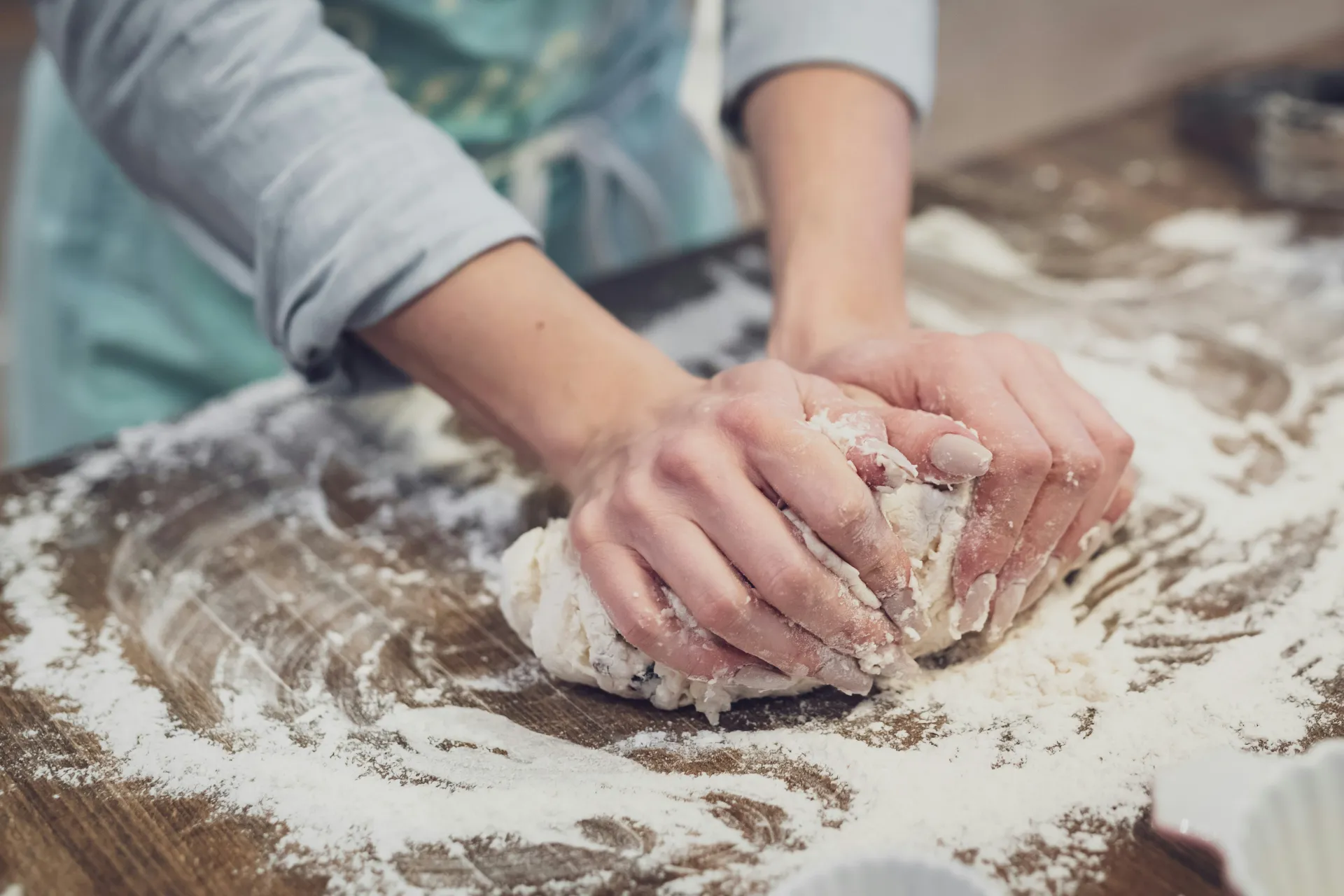
Baking and dough
Hard water can affect the outcome of your baking by interfering with yeast activity and gluten development due to high levels of minerals like calcium and magnesium, often resulting in tougher or rubbery dough. Chlorine in tap water can also impact sourdough fermentation, making softened or filtered water a smart choice for bakers.
If you live in Ipswich, which has some of the hardest water in the UK, baking might be more of a challenge. But areas like Cardiff, Liverpool, Middlesbrough, and Stoke are better off—our Hard Water Index shows their water falls within the ideal range for baking, with calcium levels between 60ppm and 96ppm, allowing dough to rise more effectively.
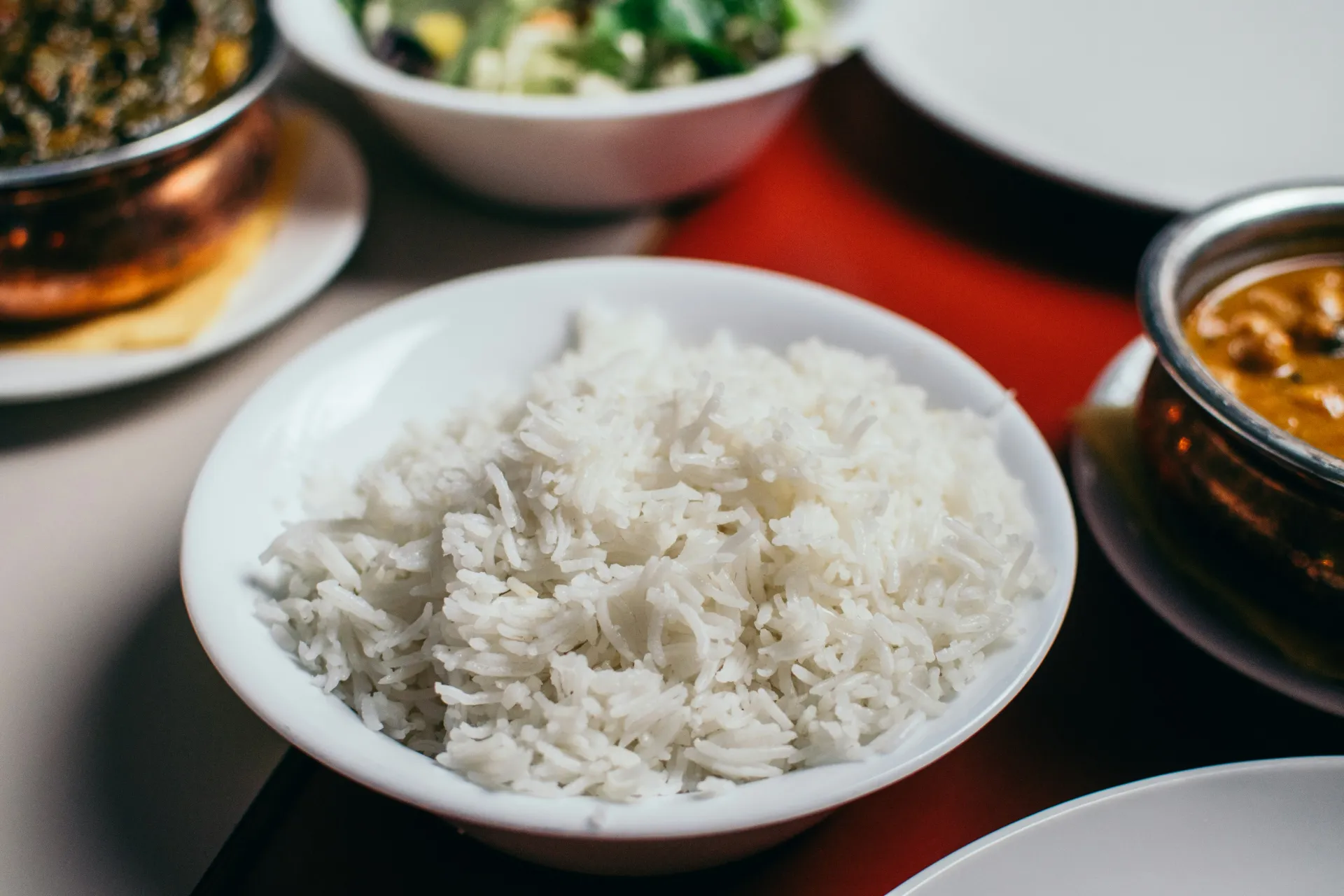
Rice and grains
When cooking at home with rice or grains that contain hard water, the food may absorb the flavour of the water – explaining why it tastes different. Vegetables that are boiled or steamed can appear to look blanched or soggy. Cooking with soft water doesn’t present these taste issues. A tip is to try cooking with both soft and hard water, then experience them both.
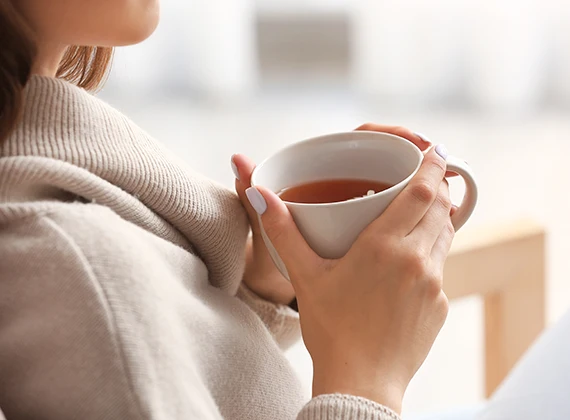
Your daily cuppa
Hard water causes limescale, the chalky substance you find on appliances, pipes and taps and it’s caused by the dissolved minerals in the hard water. When you boil your water in the kettle, it can change the taste of the water. As tea is mostly water, you’ll have a unique cup of tea…
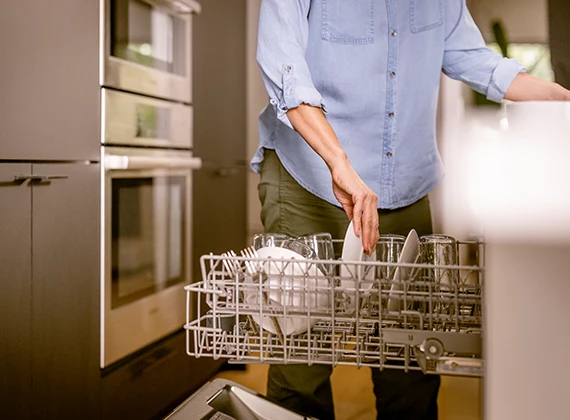
01
Softened water prevents limescale build-up, helping to protect your pipes and extend the life of your appliances.
02
Enjoy purer, better-tasting water for preparing food and drinks, with fewer impurities getting in the way.
03
Soft water is gentler on sensitive skin and leaves hair feeling smoother, helping reduce irritation and dryness.
04
Clothes feel softer, colours stay brighter, and fabrics last longer when washed in softened water.
Are you fed up with hard water spoiling your dishes and appliances? Discover Harvey Water Softeners
The best way to combat hard water issues is to install a water softener. Having access to soft water by fitting a Harvey water softener, means you can rest in the knowledge that your water is bringing out all the right flavours at mealtimes. Make an appointment with one of our experts today to find out more and discover the best options for you.
